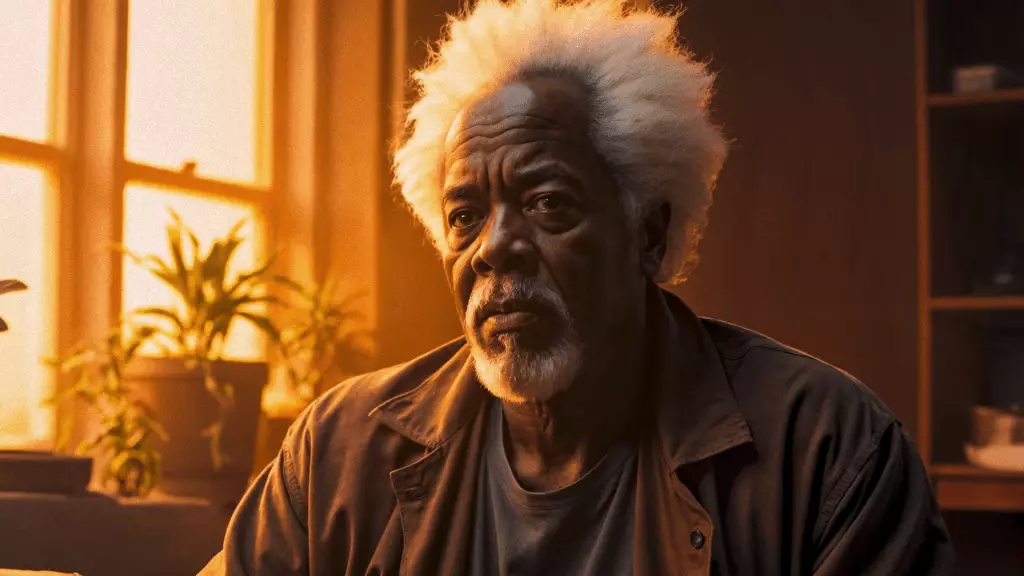The advent of AI-driven filmmaking marks a seismic shift in the landscape of visual storytelling. Companies like Wonder Studios are leading the charge, demonstrating that artificial intelligence isn’t just a tool for efficiency but a catalyst for cultural innovation. By developing the first ever AI-native series—*Beyond The Loop*—they are challenging traditional notions of filmmaking, data-driven artistry, and the very essence of creative expression. This is not merely about reducing costs or speeding up production; it is about redefining who can create, what can be created, and how stories are told in an era where technology and imagination converge seamlessly.
What stands out in this movement is the ability for rapid iteration and experimentation. Unlike conventional filmmaking, where multiple rounds of revision and resource-intensive reshoots are the norm, AI allows creators to refine scenes and narratives in real-time, unlocking unprecedented levels of creative flexibility. This hybrid of human direction and machine precision results in a form of storytelling that is more dynamic, spontaneous, and, arguably, more authentic to the artist’s vision. The collaboration between human ingenuity and AI’s generative capabilities dissolves longstanding barriers to entry—cost, skill level, and access—enabling a broader spectrum of voices to participate in shaping the future of entertainment.
Redefining Authorship and Creativity
One of the most provocative aspects of AI-generated content is the redefinition of authorship. With complete AI-generated characters and narratives, the creators behind *Memory Maker* and similar projects question the role of human storytellers. Is the human element diminished, or does it shift into a new form of creative stewardship? I argue that this evolution amplifies creativity rather than diminishes it. By delegating technical and labor-intensive aspects to AI, human creators can focus more on emotional depth, thematic exploration, and innovative storytelling techniques.
Moreover, the technological advances open the door for marginalized voices and emerging talents. The traditional gatekeepers—big studios, high budgets, and years of industry experience—are no longer the sole gateways to high-quality content creation. AI democratizes access, giving independent artists, small studios, and even hobbyists the chance to produce cinema-grade content from their laptops. This potential for inclusion fosters a richer tapestry of stories, reflecting diverse backgrounds, cultures, and perspectives—something that has long been lacking in mainstream media.
The Ethical and Artistic Challenges Ahead
Despite its promise, AI’s integration into filmmaking does not come without significant ethical and artistic dilemmas. As AI systems generate characters, dialogues, and visuals, questions about originality, authenticity, and ownership naturally arise. Who owns a story created partly or entirely by an algorithm? How do we ensure that AI-generated narratives are not merely derivative or superficial? These are complex issues that need urgent discourse if AI’s role in storytelling is to be sustainable and ethically sound.
Furthermore, there is a risk of homogenization if AI models are primarily trained on existing media, potentially leading to a future where creative outputs lack genuine novelty. The danger is that as machines become the primary creators, artistic boundaries might constrict under the influence of pre-existing data and algorithms optimized for commercial appeal. To avoid this, developers and artists must emphasize human oversight, cultural sensitivity, and artistic integrity, ensuring AI remains a tool that enhances human expression rather than diminishes its scope.
A New Paradigm of Film Production
The scale and scope of AI in entertainment expand far beyond content creation. With advanced tools providing ultra-fast processing, realistic voice synthesis, and cinematic-quality visuals, AI is also transforming how projects are financed, distributed, and consumed. The rise of AI-produced shorts like *Memory Maker* exemplifies a future where filmmakers are not constrained by enormous budgets or traditional production timelines. Instead, storytelling becomes a more iterative, experimental process, where ideas can be tested and refined rapidly, ultimately leading to more innovative and diverse content.
As a critic keenly aware of the potential pitfalls, I must emphasize that this technological revolution requires careful governance, transparent practices, and a respect for artistic tradition. AI should serve as an enabler, not a replacement, for genuine human creativity. Its successful integration into filmmaking hinges on maintaining a delicate balance—embracing remarkable technological progress while safeguarding the core values of storytelling that celebrate the human condition.
In essence, AI is not just reconfiguring how films are made; it is redefining what it means to be an artist. As this new era unfolds, creators who harness AI as a collaborative partner will be at the forefront of a cultural renaissance—one in which imagination is no longer limited by resources but liberated by technology.

